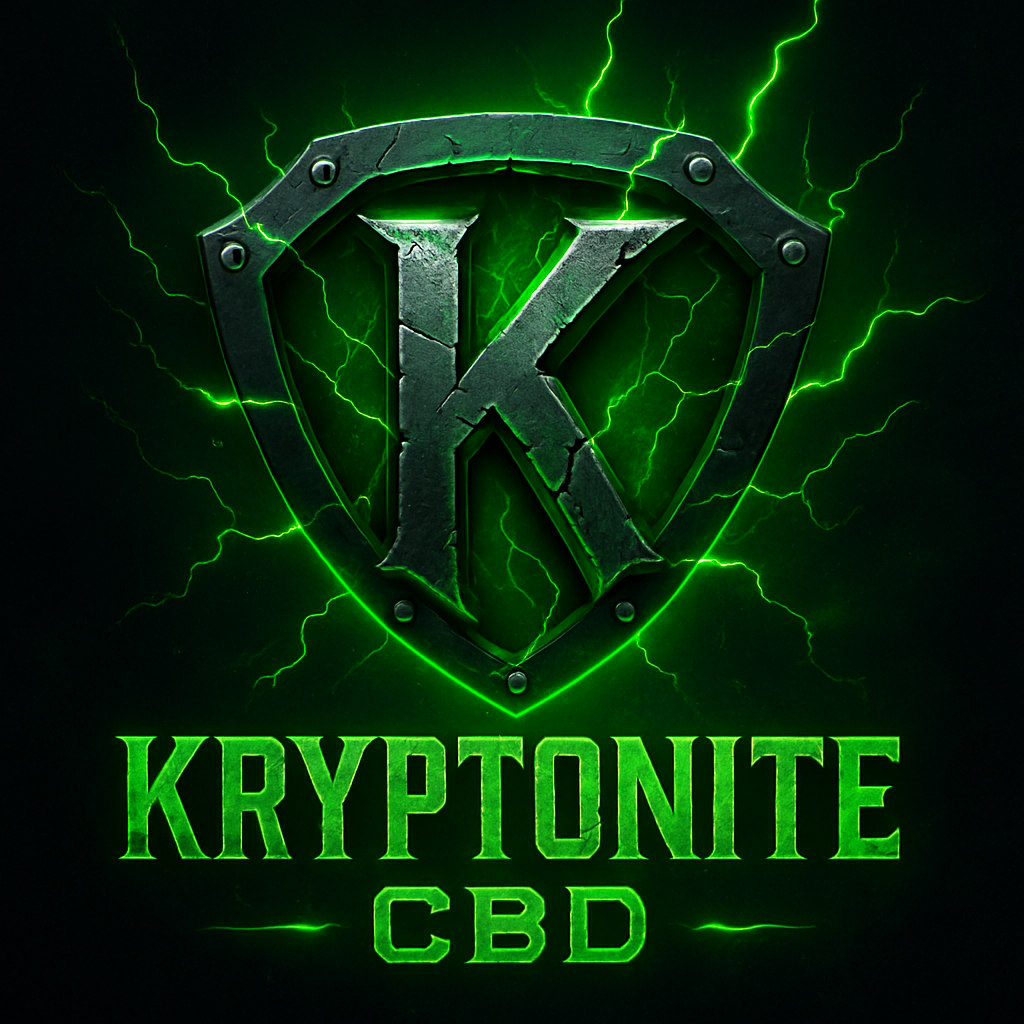Cannabis, once stigmatized and misunderstood, is now gaining recognition for its potential therapeutic benefits. Among the myriad of compounds found in cannabis, CBD (Cannabidiol), HHC (Hexahydrocannabinol), and THC (Tetrahydrocannabinol) are three prominent cannabinoids. While they share a common origin, each compound possesses distinct characteristics that influence their effects on the human body. In this blog, we will delve into the differences between CBD, HHC, and THC to better grasp their individual properties and potential applications.
Chemical Composition
CBD, HHC, and THC are all cannabinoids, which are compounds exclusively produced by the cannabis plant. Their chemical structures vary significantly, leading to differing interactions with the body's endocannabinoid system.
CBD: Cannabidiol is a non-psychoactive cannabinoid that is typically derived from hemp plants. Its chemical structure does not induce intoxication, making it a popular choice for therapeutic use without the risk of impairment.
HHC: Hexahydrocannabinol is a relatively new and lesser-known cannabinoid. Structurally, it closely resembles THC but undergoes a hydrogenation process that alters its effects. While not as potent as THC, HHC is still psychoactive, leading to potential intoxicating effects.
THC: Tetrahydrocannabinol is perhaps the most famous cannabinoid and is primarily responsible for the "high" experienced after consuming marijuana. Its chemical structure induces psychoactive effects that can alter mood, perception, and cognitive functions.
Psychoactive Properties
CBD: CBD is non-psychoactive, meaning it does not cause intoxication or euphoria. Instead, it interacts with various receptors in the endocannabinoid system to promote balance and potentially provide therapeutic effects without altering one's state of mind.
HHC: As mentioned earlier, HHC is psychoactive, but its effects are considered to be less potent than THC. Nonetheless, it may still impact cognitive functions and induce mild intoxication, making it less suitable for individuals seeking non-intoxicating relief.
THC: THC is highly psychoactive and produces the characteristic "high" associated with marijuana use. It binds to the CB1 receptors in the brain and nervous system, resulting in altered perceptions, relaxation, and euphoria. While some users enjoy these effects recreationally, others may find them undesirable for certain situations.
Potential Therapeutic Applications
CBD: CBD has garnered significant attention for its potential therapeutic benefits. Studies suggest that CBD may have anti-inflammatory, analgesic, anxiolytic, and anticonvulsant properties. It is being explored for various conditions, such as chronic pain, anxiety, epilepsy, and even as an adjuvant in cancer treatments. Additionally, the FDA has approved a CBD-based drug for specific forms of epilepsy.
HHC: Due to its recent discovery, there is limited research on HHC's therapeutic potential. As a psychoactive compound, it may carry both risks and benefits, which necessitates further investigation before its potential applications can be understood fully.
THC: THC's psychoactive effects may be desirable for some, but it also poses certain risks. Long-term, heavy use of THC can lead to dependence, cognitive impairment, and potential mental health issues in susceptible individuals. Nevertheless, THC has demonstrated potential in managing pain, nausea, and appetite stimulation, making it valuable in certain medical treatments.
Legal Status
CBD: The legal status of CBD varies from country to country. In many regions, CBD derived from hemp with less than 0.3% THC is legal, whereas CBD from marijuana remains heavily regulated due to its higher THC content.
HHC: As a relatively new and less-studied compound, the legal status of HHC is uncertain. Its psychoactive nature may raise concerns among legislators and health authorities, potentially influencing its regulation.
THC: THC's legal status is a complex issue. In some regions, it is legal for medical and recreational use, while in others, it remains strictly prohibited. The legalization of THC is a contentious and evolving topic worldwide.
In conclusion, CBD, HHC, and THC are three prominent cannabinoids found in the cannabis plant, each with distinct properties and potential applications. CBD, with its non-psychoactive nature, has gained popularity for its potential therapeutic benefits and widespread availability. HHC, a lesser-known compound, requires further research to understand its full potential and risks. THC, the psychoactive powerhouse of cannabis, offers both medicinal benefits and potential drawbacks, depending on individual preferences and medical needs.
As the scientific understanding of cannabis compounds continues to grow, it is essential to remain informed about the latest research and regulatory developments. Whether considering CBD, HHC, or THC for therapeutic use, consulting with a healthcare professional is crucial to ensure safe and appropriate consumption. Additionally, always prioritize legal and reputable sources for obtaining cannabis-derived products to ensure quality and efficacy.

